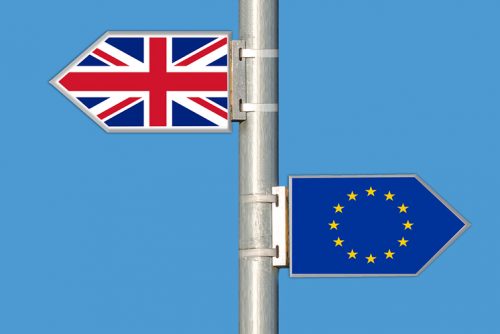UK business links with European Union continue to shrink post-Brexit

Britain’s business relationship with the European Union continues to decline, post-Brexit.
New figures show that the number of UK businesses trading with the EU has fallen to a three-year low of 232,309 in the year ending December 31, 2023, down four per cent from 242,029 businesses in 2022.
Chartered accountants and business adviser, Hazlewoods, has studied the data and said that, since Brexit in 2016, more businesses have faced increased difficulty in trading with the EU due to ‘red tape’ and tariffs on trade.
The UK Government has recently announced charges of up to £145 for consignments of EU plant and animal products imported from the EU from the end of April 2024. This is expected to further discourage trade as smaller businesses face increased costs, said Hazlewoods.
As part of Brexit, UK exports to the EU are also subject to ‘rule of origin’ regulations, which means that import duties are payable if some, or all a product has originated from outside the EU.
The number of businesses exporting to the EU only fell to just 17,776 in 2023, compared with 17,960 in the previous year.
Rebecca Copping, Partner at Hazlewoods, said: “The number of businesses having no option but to cease trading with the EU continues to grow. This is a worrying sign for the many businesses that have traditionally relied on a European customer base.”
She added: “The level of red tape, as well as the increased costs incurred by businesses, have made trading with the EU a far less viable business model for many.”
While UK/EU trade has fallen, the number of UK businesses trading with non-EU countries has increased three per cent, from 114,530 in 2022, to 117,768 in 2023.
Previous research by Hazlewoods found that the value of UK drink exports grew 13% to £9.4bn in 2022/23, up from £8.3bn in 2021/22 (year end July 31) as UK heritage brands in whiskey and gin stay in high demand overseas.
Rebecca Copping said: “Whilst EU trade has fallen sharply, there are some real success stories of companies shifting their supply chains elsewhere.
“UK goods and services are still in high demand on the international market, meaning more opportunities exist for businesses looking beyond the EU to expand their client base.”








